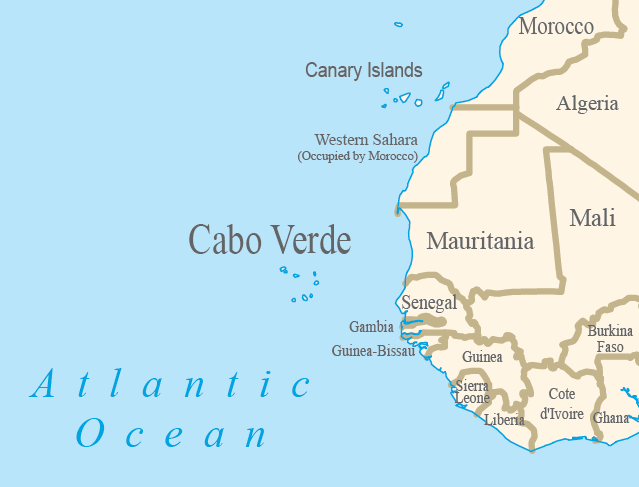I recently read a twitter thread that included this quote:
"You cannot wake up someone who is pretending to be asleep."
Once upon a time, I thought my sophistry was strong enough that I could nudge the way people think based on well-reasoned arguments and careful use of solid information. Laying out high-quality sources of information and attempting to craft arguments around, through, and based on them was a challenge, but important. What could be more important than engaging in discourse that helps us all find The Truth?
It has become increasingly clear over the past 5 years that many people have beliefs about the nature of reality and truth that are VERY different from mine. There are also many people who actually agree about The Truth, but they have values systems that lead them to draw very different conclusions. How can I tell the difference between someone who believes that there was widespread voter fraud apart from someone who knows there was no such thing, but wants to continue to sow cynicism and distrust in our government? I don't know and frankly don't care anymore.
I have a few friends who support Trump, and we've been able to stay friends over the past 5 years. I don't want my world to be an echo chamber, and I believe that there is good in many people. Plus, I figured I could use our discourse to influence how they see the world, and they could help me understand their world. It's kinda like one argument for ending segregation: Racism cannot stand the light that is shined by familiarity. Ignorance breads fear, which in turn breads racism. It's through understanding each other that we can build more enlightened individuals and a stronger society.
God, I was such a rube.
So, how do we move forward when so many people believe that:
- The election was stolen (despite all facts to the contrary)?
- Police forces as currently constituted are great, and need to be protected from the Black Lives Matter movement (despite ample evidence of exactly the sort of bias BLM tries to fight)
- Trump and Fox News are impeccable sources of information.



